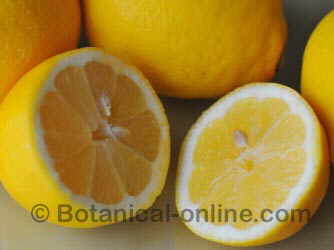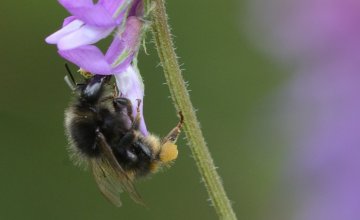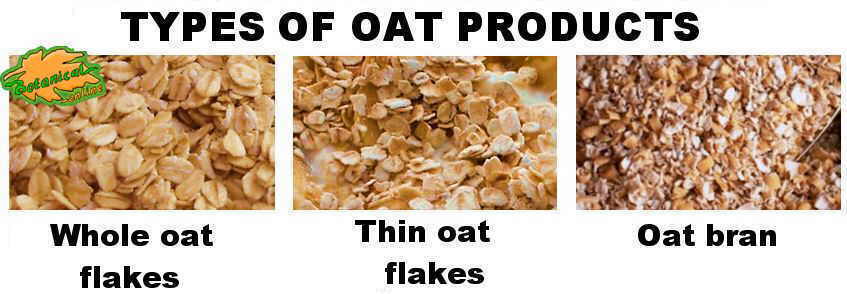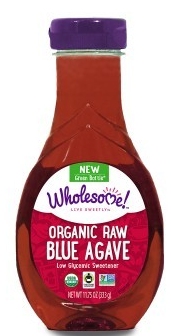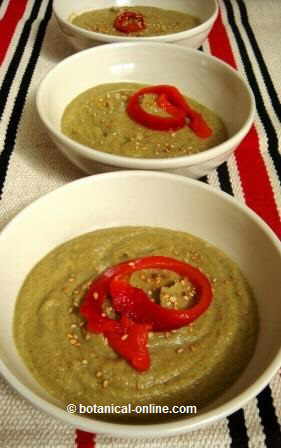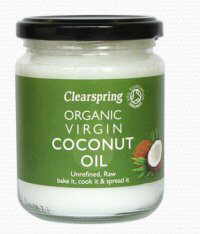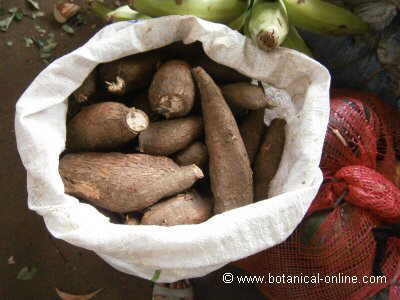Contents
Herbal remedies for expelling pinworms
Natural treatment for intestinal worms
Medical treatments are very effective for removing worms. These are called anthelmintics. However, we can use a variety of natural resources that are able to kill intestinal worms in minor infections or to help conventional treatments to eliminate these parasites.
Phytotherapy: Herbal remedies to expel pinworms
Phytotherapy in the treatment of these roundworms involves using a number of medicinal plants with anthelmintic properties, that’s to say they are capable of killing or expelling these worms.
Of all the plants, we can mention the most important:
- Pumpkin (Cucurbita pepo) Pumpkin seeds, for their content in cucurbitine, have anthelmintic properties. (Eating a daily serving of fresh seeds can eliminate intestinal worms.)

Lemon seeds Papaya (Carica papaya) The ability of papain to break down meat has been used in folk medicine to kill intestinal worms. Chinese medicine used these fruits marinated in apple cider vinegar, which was then drunk to kill the worms or tapeworms. Besides papain, another components seem to be involved in this property, mainly other alkaloids, such as carpaine or caricin.
Without having to use this procedure, we can eliminate intestinal worms simply by eating a teaspoon of crushed seeds – These seeds are extremely hot. We may also use the juice of unripe fruit (Take a teaspoon of green papaya juice, mixed with an equal amount of honey and water twice – honey removes some of the spicy flavor of these seeds)
- Guanabana or soursop (Annona muricata) The roots of the plant are a remedy against intestinal worms.
- Lemon tree (Citrus limonum) Lemon seeds, crushed and boiled in milk, can kill threadworms when taken with an empty stomach. (Mash half a tablespoon of lemon seeds – about 10 – for children and a tablespoon for adults. Boil them in a glass of milk. Strain and drink a glass a day for 3 or 4 days.)
- Tamarind (Tamarindus indica) Tamarind leaves are effective anthelmintic, vermifuge and astringent. There is s an effective remedy used in parts of Africa and India to treat intestinal parasites. ( infusion of 30g. of dry leaves per liter of water, 3 cups daily.)
- Gentian (Gentiana lutea) The carvacrol content of gentian gives this plant vermifuge properties making it suitable for expelling intestinal worms.
The use of this plant in patients with gastritis or peptic ulcer is discouraged. High doses of this plant can cause vomiting, indigestion or headache. Not for use with children under 2 years old. In case of pregnancy or hypertension take it only under prescription.
- Tarragon: (Artemisia dracunculus) Because of its deworming components, this plant is a natural remedy against intestinal worms. (infusion of 5g of dried leaves in 250ml of water. Take two glasses a day)
- Tansy (Tanacetum vulgare) The beta thujone give it vermifuge properties. It can be used to eliminate intestinal worms or tapeworms. (Infusions of 5% of the seeds or the dried flowering tops) (plant with toxic properties. View the complete study of it)
- Garlic (Allium sativum) Sulfur components of garlic may be useful to eliminate pinworms. (Crush a garlic clove. Add two tablespoons water and mix everything well. Take a couple of tablespoons a day.)
- Pazote = = stinking herb epazote (Chenopodium ambrosioides) infusion of 10 g of crushed dry seeds in a glass of water. A glass a day for seniors and half a glass for children. (Exceeding the dose, is toxic)
- Cloves (Eugenia caryophyllata) Cloves have been used extensively as vermifuge to expel intestinal worms. (15-minute infusion of a spoonful of cloves per liter of water. Take three glasses a day between meals)
- Hops (Humulus lupulus) (Infusion half teaspoon of hop cones per glass of water) People suffering from depression, pregnant women or those suffering from breast cancer should not ingest this plant preparation.
In some very sensitive stomachs, the distinctive smell of hops or lupulin can cause nausea. The contact of this plant with the skin may cause allergic reactions in susceptible individuals.
Pinworm treatment for children
- Carrots (Daucus carota) A simple treatment performed with carrot juice can be very useful for pinworms. (Mash carrots and drink the juice)
![]() More information about pinworms, other intestinal worms
More information about pinworms, other intestinal worms

